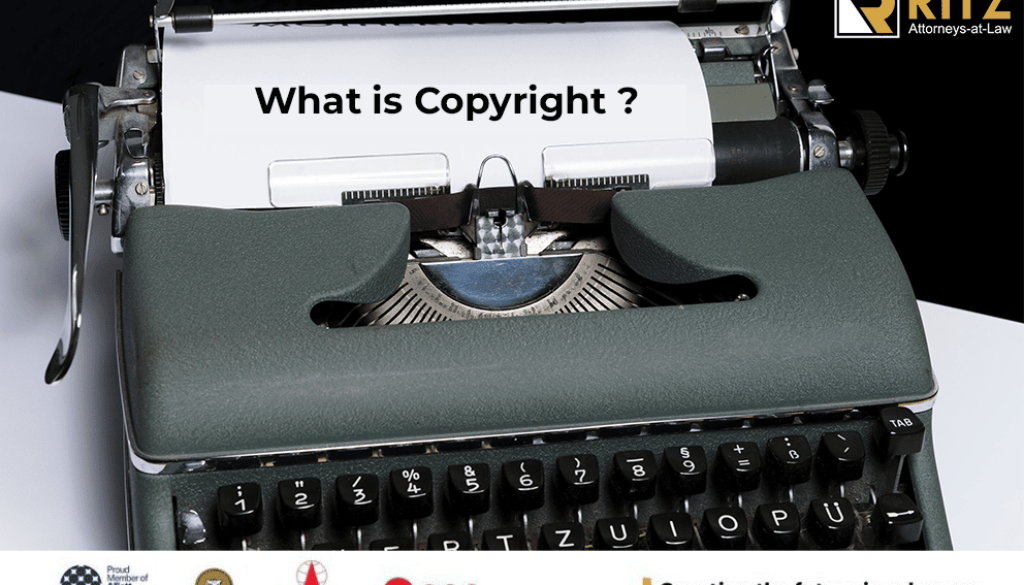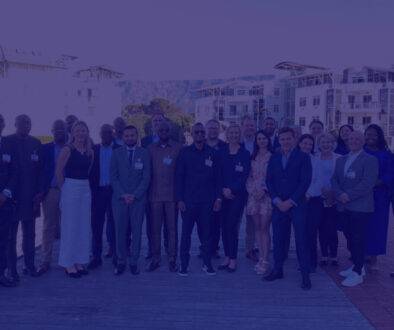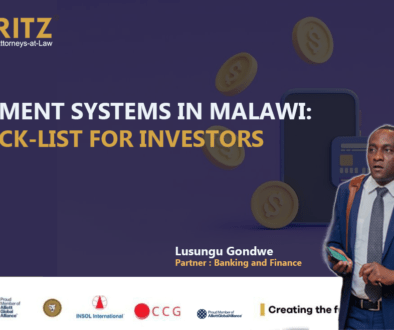What is copyright
A copyright is an exclusive property right that belongs to the authors of any work by the mere fact of its creation.
Copyright law does not protect ideas, but the expression of ideas, and the forms but a work shall be eligible for copyright irrespective of its form of expression, its quality, or the purpose for which it was created.
Legal framework for Copyright in Malawi
Copyrights are governed by the Copyright Act 2016.
Malawi is also a signatory to various international instruments including:
- Berne Convention for the Protection of Literary and Artistic Works
- Universal Copyright Convention (Geneva)
- Agreement on Trade-Related Aspects of Intellectual Property Rights
Procedure for Registration of a Copyright
There is no registration requirement for copyrights in Malawi. An author of any work shall, by the mere fact of its creation, enjoy an exclusive property right in the work.
Eligibility for Copyright Protection
Any Literary, dramatic, musical, or artistic work shall not be eligible for copyright unless:
it is original in character; or
it is a derivative work including the following:
- Translations, adaptations, arrangements, and any other transformations of original literary, dramatic, musical, and artistic works
- Collections of works, such as encyclopedias and anthologies, which, by reason only of the selection or arrangements of their contents, constitute intellectual creations.
Works not subject to Copyright Protection
Copyright protection does not extend to the following:
- Written laws and decisions of courts and administrative bodies and to official translations of news published, broadcast, or communicated to the public by any other means; and
- A report made by a commission appointed by the Government or any agency and which the Government has made available to the public
Rights Conferred by Copyright Protection
Rights conferred by copyright protection are subdivided into two major groups, being, economic rights and moral rights.
Economic Rights
The author of any copyrighted material shall have the exclusive right to the following:
- Reproduction of the copyrighted material;
- Distribution of the copyrighted material through sales, renting, licensing or lending;
- Public display of the copyrighted material;
- Public performance of the copyrighted material;
- Communication of the copyrighted material to the public; and
- Translation, adaptation, or any other transformation of the copyrighted material.
Moral Rights
The author of any copyrighted material shall have exclusive moral rights:
The right to claim ownership of the work and to demand that his/her name be mentioned in a manner in line with proper usage; and
Object to and seek relief from alternation or distortion of their work where such act would be prejudicial to his/her honour or reputation or where such alteration would lead to the discrediting of the work.
Ownership of a Copyright
A person vested with copyright shall be the author of the work.
Where two or more persons are authors of the work, copyright shall vest jointly.
Where the work is created during the course of the author’s employment or is a product of commissioned work, the rights in the work shall vest in the employer or party that commissioned the work.
What is the Duration of Protection
Copyrights shall be protected during the lifetime of the author and fifty years after his/her death.
In cases of joint ownership, during the lifetime of the last surviving author and for fifty years after his death.
In cases where the author is anonymous, fifty years from the date such work was first published.
Infringement of a Copyright
A person infringes copyright when they, without valid transfer or license, reproduce, duplicate, extract or imitate such a work, or sell, lend, or hand out the said work without consent of the copyright owner.
How are copyrights enforced?
Copyright infringement is a criminal offense and on conviction, violators shall be liable to a fine of MK5,000,000.00 and to imprisonment for two years.
A civil action for copyright infringement can also be commenced by the owner of the copyright where they can obtain remedies as follows:
- Damages;
- Injunction;
- Account of profits or otherwise; and
- Forfeiture of all reproductions to the copyright owner or the government.
Conclusion
Works in Malawi are subject to copyright protection merely by virtue of their creation. Copyrights vest various rights in the creators of works and prohibit unauthorized distribution or reproduction of such works. Where such infringement occurs, the proprietor has various remedies in both criminal and civil courts.
This content appears as a courtesy of Ritz Attorneys at Law, a proud member of the China Collaborative Group (CCG Association). It is informational in nature and does not constitute legal advice or establish an attorney-client relationship between you and its author, publisher, or any member of CCG




